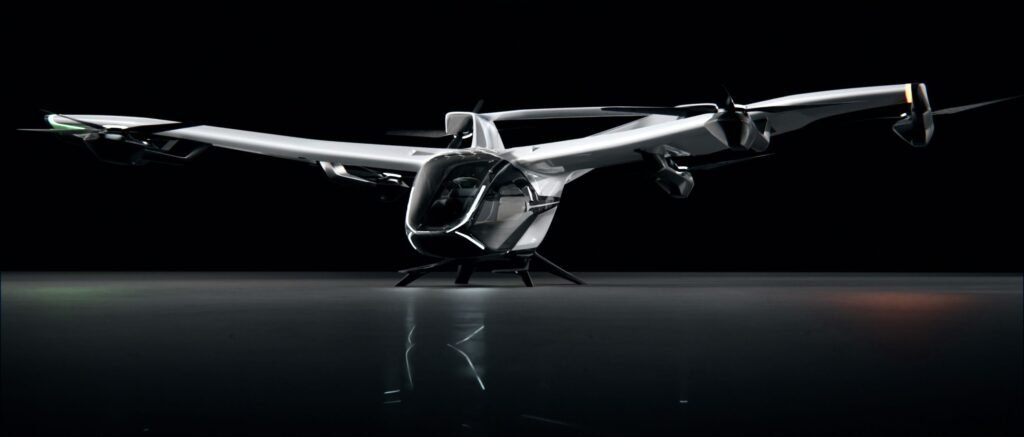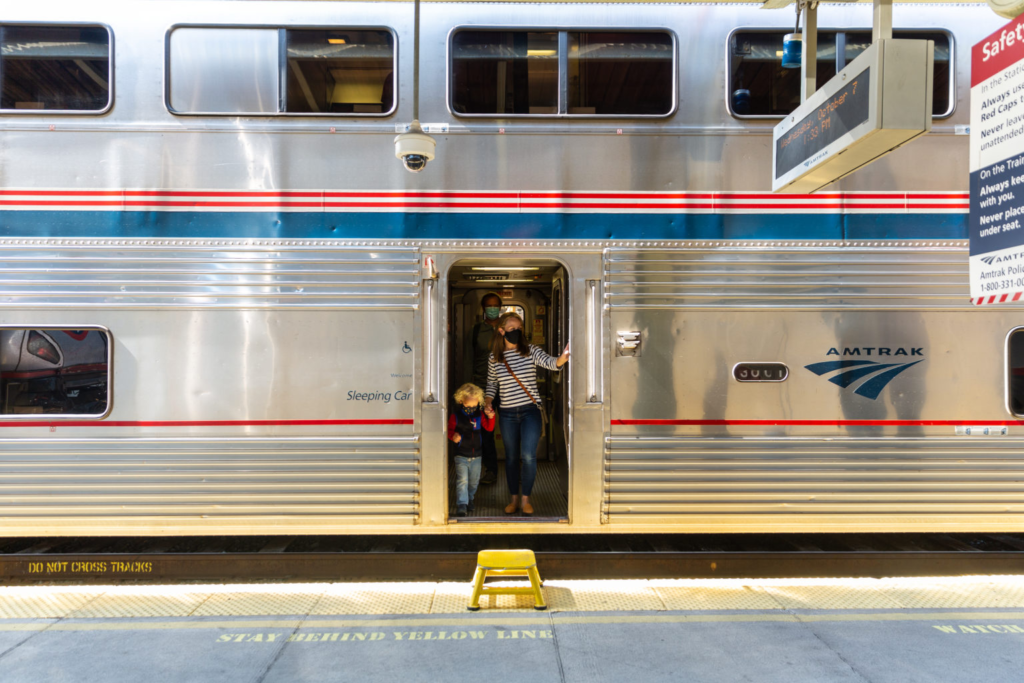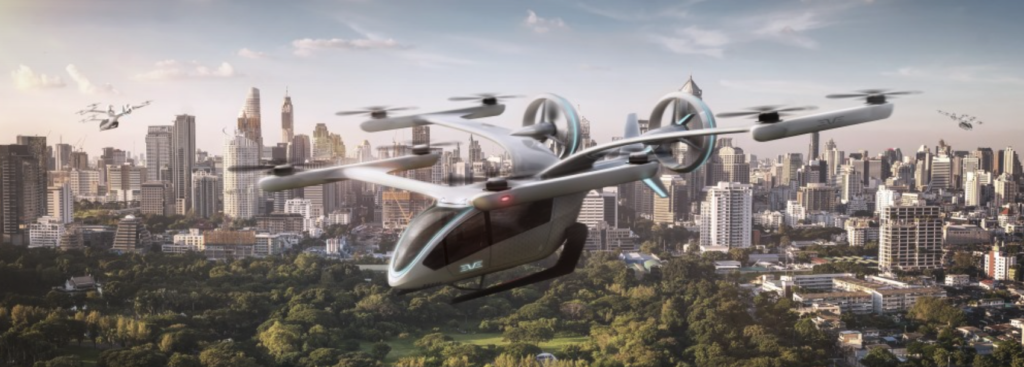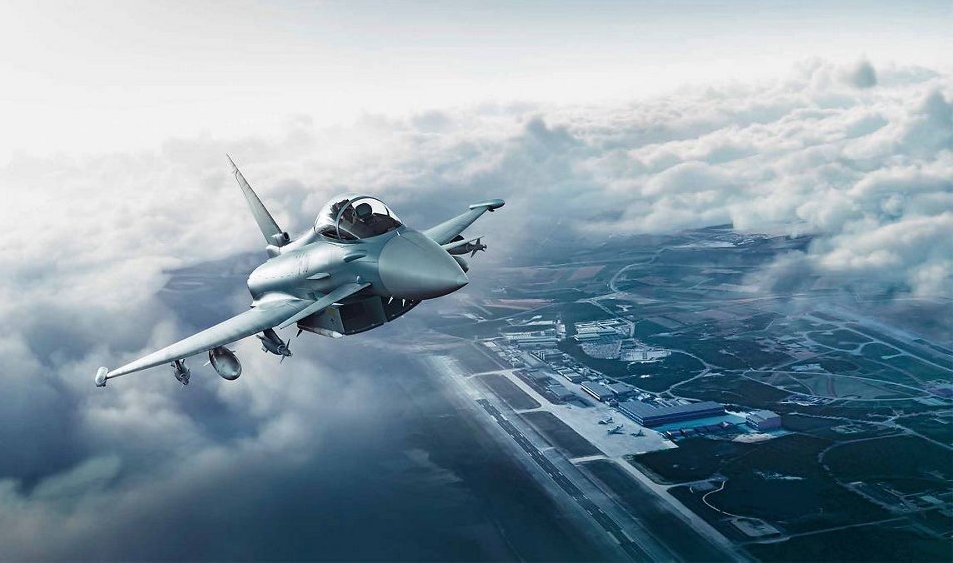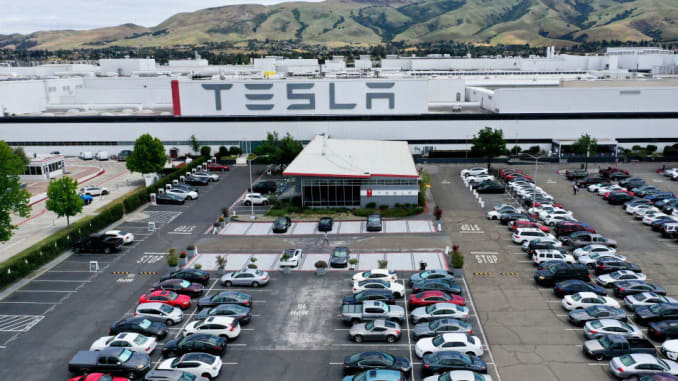Airbus Reveals the Next Generation of CityAirbus
Toulouse, France 21 September 2021 – Airbus (OTC: EADSY) has announced plans for a new CityAirbus at the Company’s first #AirbusSummit on “Pioneering Sustainable Aerospace” as the emerging Urban Air Mobility (UAM) market begins firming up. Ushering…
